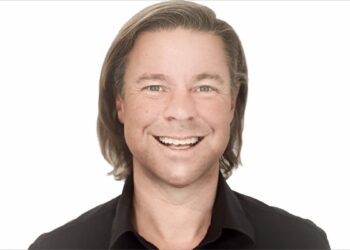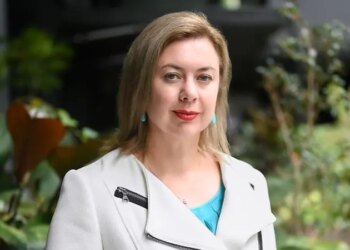Chris Reed, SMSF specialist adviser and director of Business Concepts Group, noted that as people approach retirement, they often receive lump sums from sources like the sale of a business or an inheritance.
A typical initial strategy is to invest these funds directly into superannuation, but there are other options to consider as well.
“That’s a great boost for your retirement savings and your superannuation at a particular point in time,” Reed said. “Flying off the back of that are other strategies. Are you going to repay debt with it? Can you invest outside of super? And how can these support retirement income.”
Given that superannuation constitutes a significant portion of many people’s retirement income, Reed emphasised the importance of considering non-superannuation investments and income sources.
“Retirement income can come from other sources such as government benefits that could be an age pension from Centrelink or another Commonwealth pension depending on where you’ve worked throughout your life, so it’s important not just to look at superannuation regarding your retirement income needs,” he said.
Reed added that retirement income can also be generated from sources like cash, term deposits, and business premises. It’s important to consider all these options when strategising how to access retirement income.
“There’s a lot of non-super investments and non-super assets that can form part of our retirement income discussion,” he said.
“[When thinking about retirement income and investment] it all depends on the level of risk you are willing to take as to what sort of returns you may have over the long term. If you’re willing, early on, to take a fairly risky profile within your investment strategy within your super, that could mean a bit of a difference down the track of your ending balance when you retire as well.
Reed further explained that assessing retirement income is more complex than simply calculating a figure based on age and projected needs – it heavily depends on individual circumstances.
“With retirement planning, the earlier you start, the better you do. We tend to see people come and talk to us two years, three years, or maybe five years out to do retirement planning, which is fine, we can get a lot done in that time frame.”
“But if you start even earlier, say 10 or 15 years out, that time frame can make a massive difference between getting to where you might want to be in terms of a retirement income that is going to last you for the rest of your life.”


